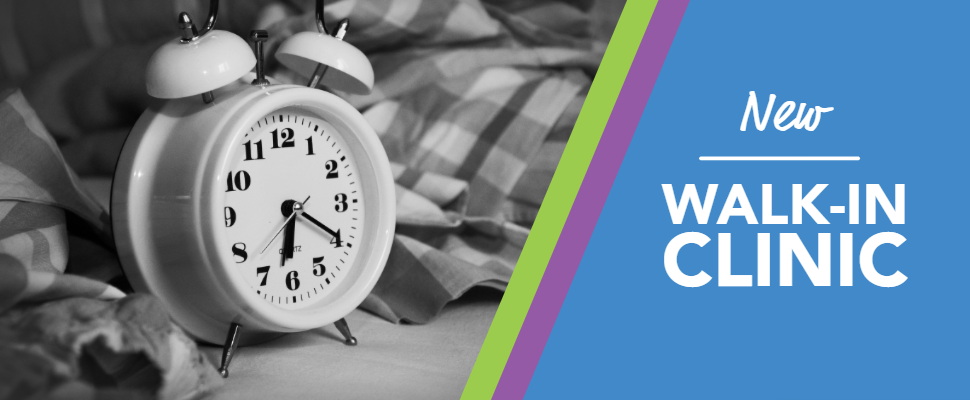As wait times spiked to three or more weeks for students trying to see a counselor for an initial visit, the University Counseling Center (UCC) responded to the increased demand by transitioning to a walk-in clinic that prioritizes access for new clients.
Implemented on Oct. 21, the new counseling model features walk-in hours that are scheduled from 9 a.m. to 12:30 p.m. and 1:30 p.m. to 4:30 p.m. during the week. The concept behind this walk-in model is to decrease wait times for students and to respond more quickly to requests for crisis appointments.
UCC Acting Director Daniel Paredes explained that the walk-in hours have resulted in positive outcomes.
“The walk-in model has been great,” Paredes said. “It allows us to provide more of what most of our students want in terms of rapid access to support, while also allowing us to more quickly assess student safety, address present concerns and connect students with the right additional resources as needed.”
Yet, the UCC’s decision to shift toward an access-oriented approach to counseling has also resulted in the drawback of diminishing the amount of long-term care available to each client. By increasing the workload of each counselor to include many of the new clients who come during walk-in hours, the walk-in model renders the UCC less capable of providing ongoing treatment and some clients with recurring needs for counseling are referred to off-campus options for extended care.
While the UCC has traditionally not viewed long-term care as a priority, with most students only attending one session in the UCC over the past few decades and the average client attending fewer than five sessions in the UCC over the last decade, the UCC will have to assess future increases in demand and need for access and treatment.
Even with this trade-off, the UCC’s new model appears to be striking an appropriate balance between access to counseling and treatment for mental health issues that meets the needs of the Wake Forest community. Many have expressed satisfaction with the new model, which has allowed them to see counselors quicker and address pressing issues in a timely manner.
Sophomore Maya Dalton, a representative of the student body as the co-chair of the Public Relations Committee for Student Government, explained her positive experience with the new walk-in model.
“It seemed like these hours were taking away appointment time from students wanting to schedule appointments with their regular counselor,” Dalton said. “However, I recently utilized the walk-in hours, and it was very helpful when I needed a quick counseling appointment and could bypass the two-week or more wait time for a regularly scheduled appointment.”
Despite external changes to clinical operations, the UCC remains internally committed to addressing the mental health concerns of the Wake Forest community.
“I hope the UCC continues to be a place where students across identity statuses feel that they can go for confidential support,” Paredes said. “Oftentimes students come to us when they feel unable to express what they need or when thoughts and feelings have simply become overwhelmingly hard to manage.”
The UCC continues to serve as an important resource for students who need access to counseling, and this shift may be only one of many future changes as innovation becomes necessary in order to adjust to circumstances like rising demand.
Reflecting on the changes to the UCC and the needs of the Wake Forest student body, Student Government Chief of Staff Isabella Ryan expressed approval of the current measures and hope for the future.
“This shift in the model the UCC uses for first-time visits has the potential to meet the current needs of students,” Ryan said. “[However,] as stigma around accessing mental healthcare and helping resources on campus continues to decrease and more students feel comfortable accessing the various resources available on campus, it seems likely that an expansion of resources, through staff increases, will become necessary.”
Until larger structural changes can occur and more staff can be hired, however, the UCC will have to adapt temporarily to address growing needs and work with the rest of the Wake Forest community to develop solutions. This need for responsiveness and adaptability in the UCC is critical, especially as mental health professionals have had to provide additional care and support to those affected by trauma until the two vacant positions in the Safe Office are filled.
“As part of the Health & Wellbeing team (Campus Recreation, Learning Assistance Center, Office of the Chaplain, Office of Wellbeing, Student Health Services and University Counseling Center) at Wake Forest, I also look forward to us continuing to work innovatively to best support the psychological and emotional health of our students,” Paredes said.













